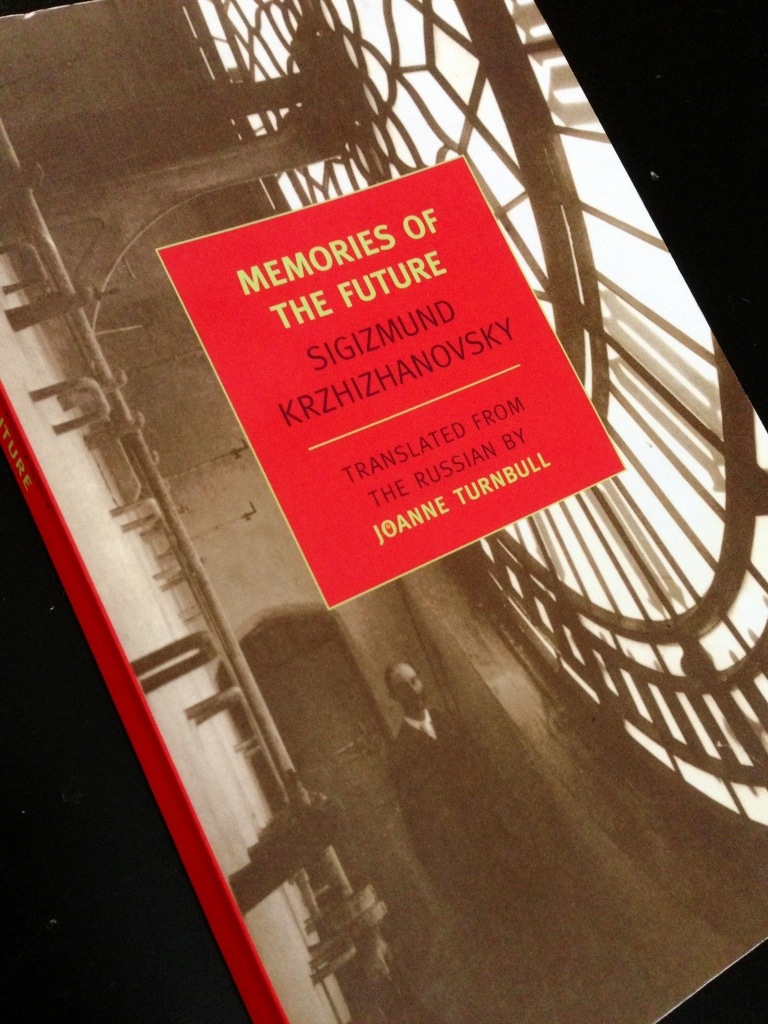
Categorii: Neclsificat, Neclasificat
Limba: Engleza
Data publicării: 2009
Editura: The New York Review of Books
Tip copertă: Paperback
Nr Pag: 232
Colectie: The New York Review Books Classics
Traducatori: Joanne Turnbull
ISBN: 9781590173190
Dimensiuni: l: 12.9cm | H: 20.3cm | 268g

A man lives in a tiny apartment, engulfed in the noise of his neighbors’ lives, squeezed in among his few possessions, hardly able to move. A mysterious figure turns up at his door, offering a tube of a substance that will, he assures our hero, allow him to enlarge–“biggerize”–his living space. “Why not?”–but clumsily he spills the stuff on the floor. When he wakes the next morning his apartment has begun to grow exponentially, and with it his troubles. What if people find out? He’ll lose his apartment. He must keep everyone at bay, stay to himself. Meanwhile his furniture drifts into the distance. He is lost in the infinitely expanding space of his own loneliness.
Written in Soviet Moscow in the 1920s--but deemed too subversive even to show to a publisher--the seven tales presented here attest to Krzhizhanovsky's boundless imagination, black humor and breathtaking irony: a man loses his way in the vast black waste of his own small room; the Eiffel Tower runs amok; a kind soul dreams of selling "everything you need for suicide"; an absent-minded passenger boards the wrong train, winding up in a place where night is day, nightmares are the reality, and the backs of all facts have been broken; a man out looking for work comes across a line for logic but doesn't join it as there's no guarantee the logic will last; a sociable corpse misses his own funeral; an inventor gets a glimpse of the far-from-radiant communist future... Like Poe, Krzhizhanovsky takes us to the edge of the abyss and forces us to look into it. "I am interested," he said, "not in the arithmetic, but in the algebra of life."